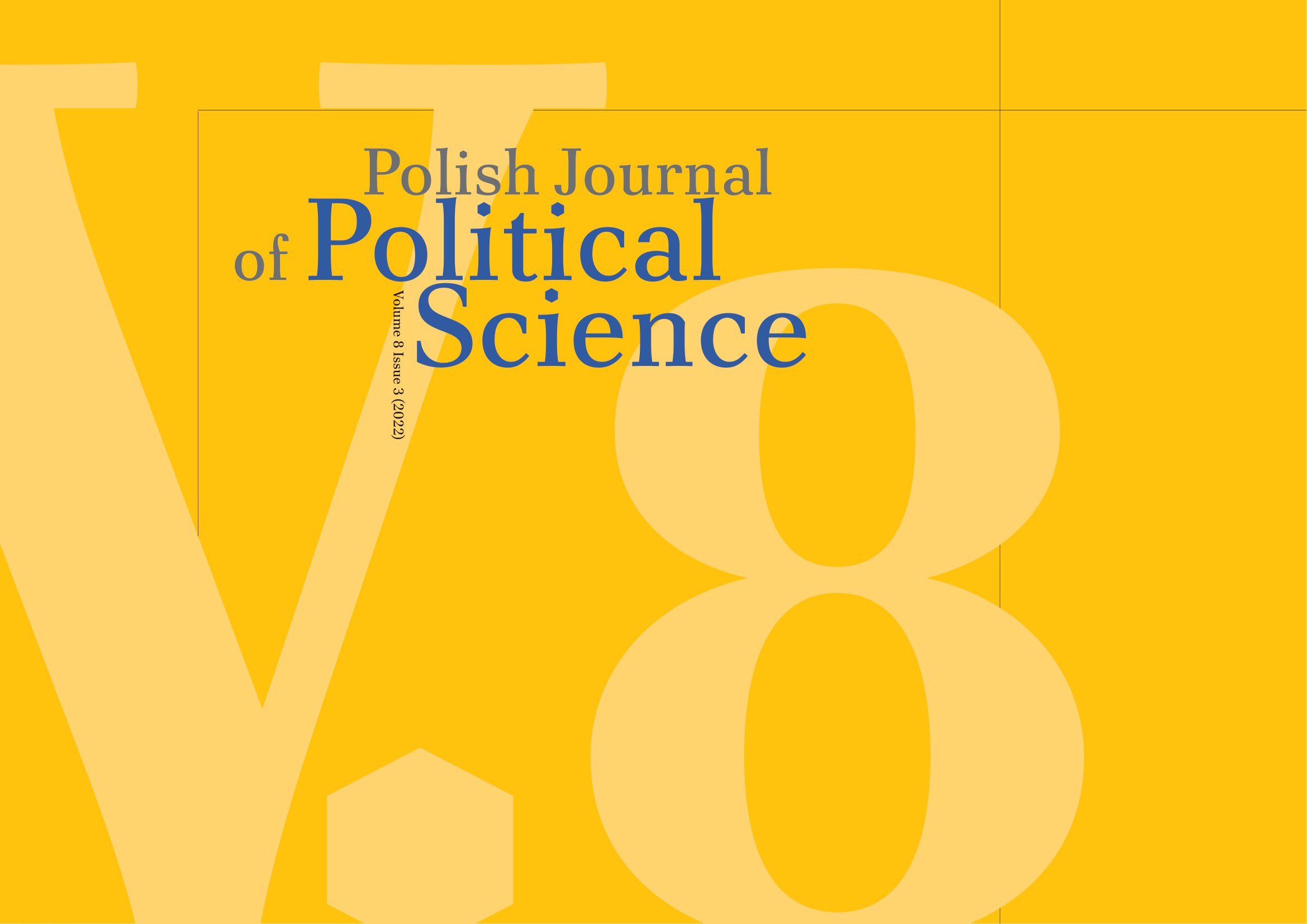System analysis of the problem of workers’ rights in the encyclical “Rerum Novarum” by Leo XIII
System analysis of the problem of workers’ rights in the encyclical “Rerum Novarum” by Leo XIII
Author(s): Krzysztof ZaborekSubject(s): Social Sciences, Security and defense, Sociology of Religion
Published by: Fundacja Instytut Nauki o Polityce
Keywords: Catholic Social Teaching; cybernetics; Leo XIII; Polish School of Cybernetics; Rerum Novarum; sociocybernetics; system analysis; workers’ rights
Summary/Abstract: The article uses the method of system analysis to analyse the vision of society outlined in the encyclical “Rerum Novarum” by Leo XIII. The system analysis concerned the identification and problem analysis with elements of mathematical analysis (according to the Konieczny division). In the course of the analysis, used were the concepts developed at the Polish School of Cybernetics, the main representatives of which were Mazur and Kossecki. The basics of system analysis, autonomous systems were presented and the division into systems was made for further analysis. System energy/material processes in terms of energy, power and freedom factor of the systems as well as the information processes in terms of social norms were taken into account. As a result of the analysis, it was revealed that the system of social control proposed by Pope Leo XIII assumes primacy of ideological norms (Catholicism) and ethical norms, with simultaneous occurrence of economic and vital norms. The system of society proposed by Pope Leo XIII is coherent, resistant to disturbances and striving for effective expansion, and what is more, it solves a given social problem. The weakness of that system is susceptibility to ideological indifference, weakening ethics and disturbing the process of ideological and ethical programming. The implementation of ideological and ethical norms into the society takes place mainly through the educational process. Further research possibilities and limitations of the tools used were also indicated.
Journal: Polish Journal of Political Science
- Issue Year: 8/2022
- Issue No: 3
- Page Range: 22-35
- Page Count: 14
- Language: English

